Osteopaths are qualified to help with a diverse range of problems. It may come as a surprise to learn that some digestive issues are within our remit.
The Diaphragm and Acid Reflux
We work a lot with muscles, so working with the diaphragm to help manage some digestive issues is comfortable territory. The diaphragm is a sheet of muscle that separates the thorax from the abdomen, sitting between the lungs and stomach. Its main role is to inflate and deflate the lungs, but it also helps to support the sphincter at the top of the stomach. This sphincter serves a purpose of preventing the flow of stomach contents back up the oesophagus (food pipe). When this does happen, you get heartburn or symptoms of reflux.
Stress can cause tightness in the diaphragm, which can affect the muscle’s function and lessen its ability to support the sphincter.
Reflux can also affect babies. Click here to read our post on infant reflux and silent reflux.
Irritable Bowel Syndrome (IBS)
IBS is a common problem, and can cause bloating, constipation, cramps, and diarrhoea. There is no one test for IBS, but it can present similarly to other conditions that may be ruled out through medical testing.
A key part of managing IBS is to work out what triggers your symptoms: a food diary can help here. But some people also find that hands on treatment such as osteopathy can help. Research looking at a potential relationship between manipulation of the spine (clicking the joints in the back) and IBS symptoms showed some hopeful results. A possible explanation for this is that the clicking might have a calming effect on the nerves that run near the joint, such as those that supply the bowel. “Resetting” these nerves might give relief to some people.
Digestive Issues and the Rest of the Body
Beyond treating digestive issues themselves, your osteopath will consider your body as a whole. When you have abdominal symptoms, you might find yourself taking on a more hunched posture subconsciously. This is a common response to abdominal pain, but over time it can cause other areas in the body to react and compensate.
We frequently see problems associated with upper back stiffness in clinic. The upper back can become restricted without causing too many local symptoms, so often the first symptom is down to the lower back or neck working harder. Prolonged hunching over a desk can be the cause of this, but similarly, postural changes due to abdominal discomfort can have the same effect. Work to improve movement through the upper back might not have a direct impact on your abdominal symptoms, but better movement in one area means that other areas are not overworking to accommodate it. Treatment might include work to the joints, whether clicking or gently mobilising them. Massage work to local muscles and the diaphragm can also be beneficial.
To complement the progress made in clinic, you may be given exercises or advice for things to do at home. Alongside a food diary, you might find that breathing exercises help, as they work through the diaphragm and can reduce your stress response.






